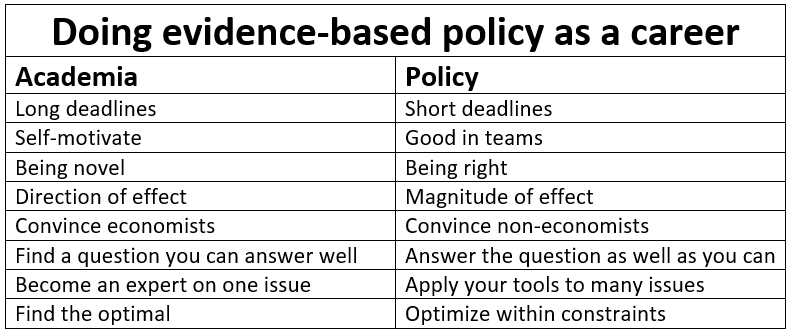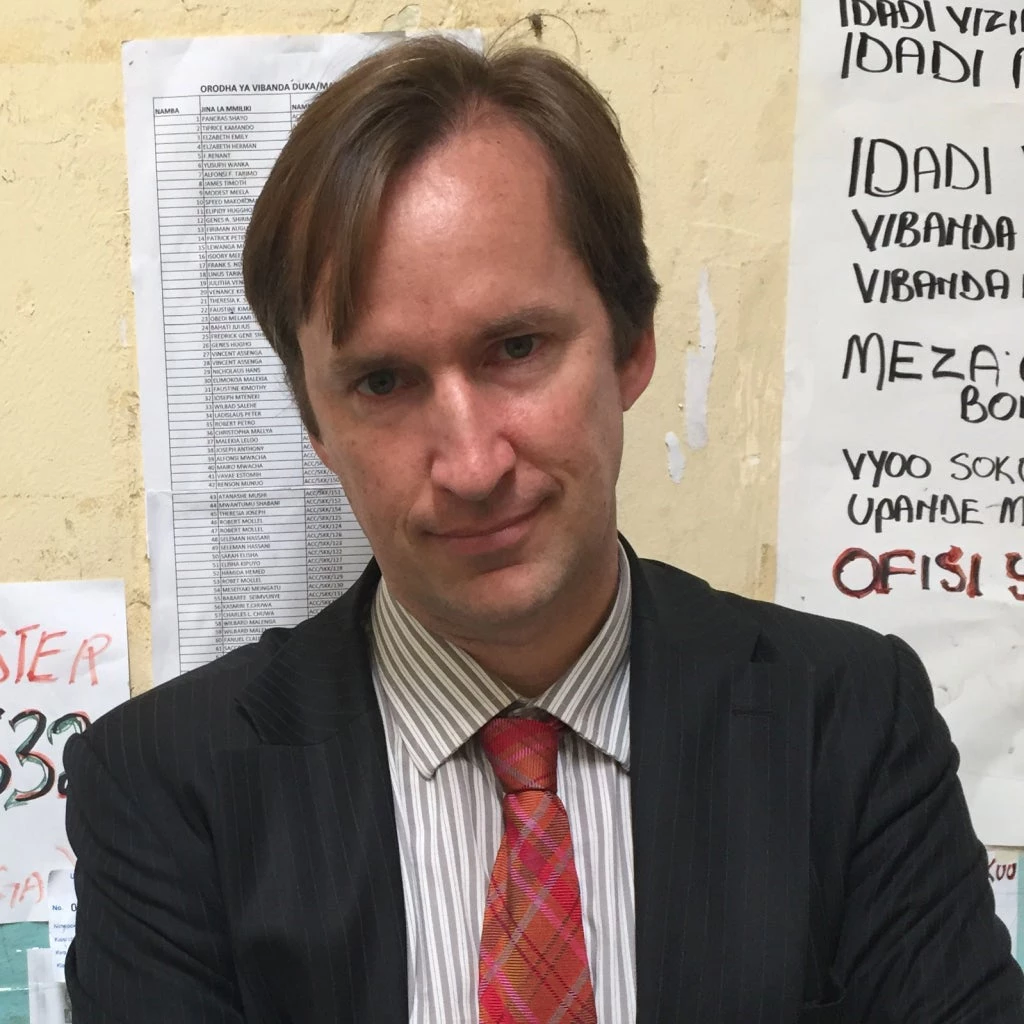- Sylvain Chabé-Ferret from the Toulouse School of Economics takes stock in The Empirical Revolution in Economics: Taking Stock and Looking Ahead. He proposes 8 knowledge achievements of the empirical revolution in economics, 4 methodological advances, 3 major challenges, and 3 proposed solutions.
-
Sue Dynarski from University of Michigan has a talk on "how to communicate with policymakers": "All communication is basically the same. Good communication is concise and it's to the point and it's concrete. And that's true for research writing... It's true for teaching... It's true if you're speaking to the public or to the media... It's just that people differ in how much they really have to listen to you." Policy makers don't have to listen to you. "Speaking in plain English is super important." She recommends Strunk and White's The Elements of Style. I do, too.
-
Matthew Jukes from RTI proposes a "context-mechanisms-outcomes approach" to doing and reporting impact evaluations in his piece "Learning more from impact evaluations: Contexts, mechanisms and theories of literacy instruction interventions," in order to get the most out of evaluaitons, and he gives examples from a recent literacy intervention in Kenya.
-
Over at the IFPRI blog, Tracy Brown reports on impact evaluations of "food-assisted maternal and child health and nutrition" programs in Guatemala and Burundi. In Burundi, "the largest impact on stunting was experienced by those who received food assistance throughout the entire period of the first 1,000 days, from conception to a child’s second birthday." (Blog 1, blog 2, with blog 3 coming soon here.)
-
Alice Evans's 4 Questions podcast has featured several Development Impact-relevant stories in the last couple of weeks, including Pam Jakiela and Owen Ozier discussing "the impact of conflict on people's preferences" for risk, Michael Woolcock on the value of mixed methods in understanding "what works," and me talking about an impact evaluation to improve health care management in Nigeria as well as about the World Development Report on Education.
-
At Oxford's conference at the Center for the Study of African Economies, DFID Chief Economist Rachel Glennerster -- who has worked extensively in policy and in academia – discussed the differences as she sees them, summarized below. You can watch her full talk here.



Join the Conversation